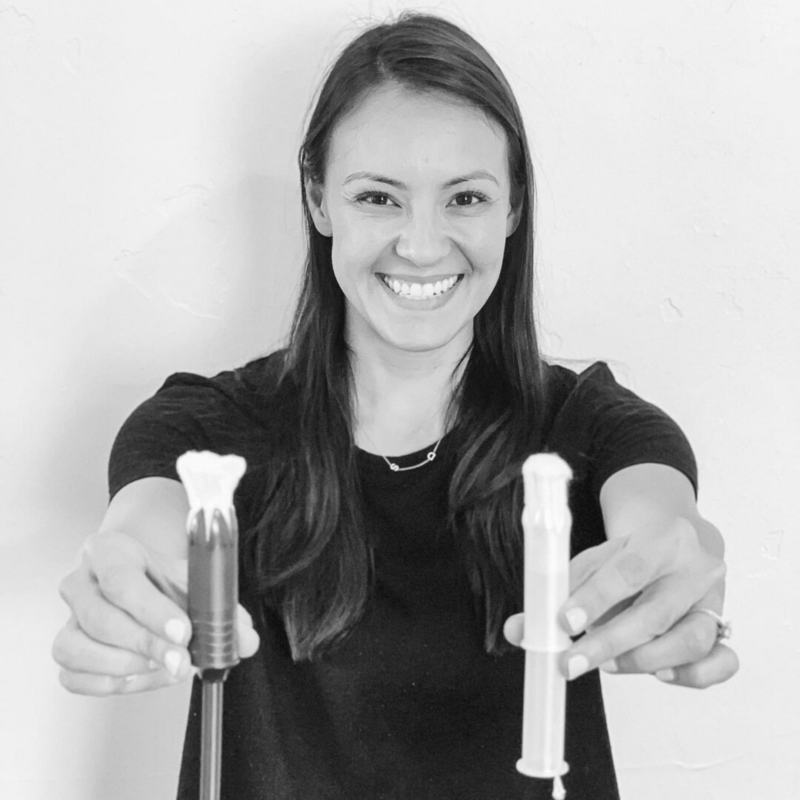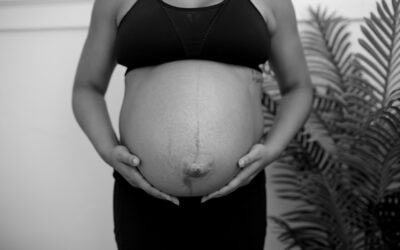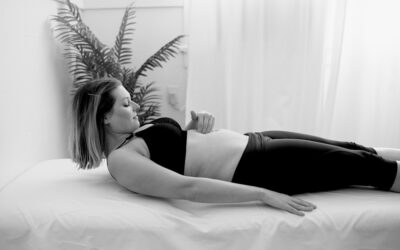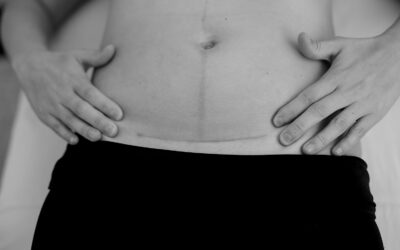There are a lot of things no one tells you about motherhood – how exhausted you may be, how your priorities may shift, how you might get “mom thumb,” how you may pee your pants now (this is not normal), and most of all, how your body will change.
What is my first postpartum period going to be like?
Your first postpartum period may be met with a heavy cycle, pelvic pressure, achiness and a return to tampons – which might be suddenly slightly more uncomfortable (ouch!).
So, if no one has told you, I’ll be the first to tell you – your first postpartum period might look like a crime scene. Depending on whether you are breastfeeding, nursing or pumping, your first period could come back within a month or two, or take much longer.
Below are some friendly reminders for when the big day finally comes. If your period has not returned within a year after delivering your baby or weaning from nursing/breastfeeding/pumping, check with your physician and make sure all is good.
Will my first postpartum period be heavy?
Your first postpartum period is likely to be really heavy. This is due to changes in the uterine lining post-pregnancy. You typically have increased uterine lining during pregnancy, which means more to shed during your postpartum periods.
If your period is heavier after returning, try this V2 support as this will help decrease heaviness and pressure you may feel during your period. You may feel a lot of heaviness and pressure down there due to more laxity and less support after birth.
Will my first postpartum period be painful?
It could be. Typically with more endometrium (uterine lining) shedding as mentioned above there is more cramping and pain involved as you bleed. This increase in blood and pain should decrease with time.
When will my period come back after having a baby?
If you are not breastfeeding, your period will likely come 6-8 weeks after your delivery. However, if you are breastfeeding the amount of time it takes for your period to return will vary. This depends on if you are exclusively breastfeeding (no other forms of milk or food) or not.
With breastfeeding, your prolactin levels must remain high which causes estrogen levels to remain low; therefore, there’s a lesser chance of ovulation, and subsequently, having a period. However, your period can also come back 6-8 weeks after delivery even if you are breastfeeding!
Why do tampons feel weird in my vagina?
Tampons can feel weird in your vagina after having kids but can also be the case for many women – babies or no babies. Tampons postpartum can be awkward and uncomfortable. Tampons might feel weird in your vagina for the reasons below.
- Your pelvic floor muscles might be too weak. During pregnancy and birth, your pelvic floor muscles may lengthen and weaken and tampons are more difficult to support.
- Your pelvic floor muscles can be too tense. If your muscles are tense or overactive it may be difficult or painful to insert tampons and may feel like the tampon is being pushed out.
- It’s simply time to try a new product. If you’ve been using only tampons, it might be time to try something else!
The best alternatives to tampons
Tampons are no longer our only option. Menstrual cups are eco-friendly, reusable and provide up to 12 hours of protection. The Diva Cup is one of my favorites. They offer model 0 for those under the age of 18, model 1 for those under 30 who have not yet had a baby, and model 2 for mommas like myself (given birth) or for those over 30. The key to menstrual cups is the seal.
Other brands to try include Puta Cup In It (has a fit-finder quiz to help you select the best cup for you), Cora Women and Lola. Below are the best alternatives to tampons:
- A menstrual cup
- Pads and panty liners
- Period underwear
Saalt underwear are made specifically for periods. They are also are super comfy and cute. They are amazing for those early postpartum days when you are fed up with wearing diapers or gigantic pads in your yoga pants.
You can also pair them with a menstrual cup or tampon. Explore what works for you.
Consider contraception
If your first postpartum period has arrived, remember you are at risk for getting pregnant if you are having sex. There is at least a chance, and you should be aware it could happen.
It is recommended you wait one year post vaginal delivery and 18 months post cesarean to get pregnant again for gynecological health; however, go for it if that’s what you want. If not, consider contraceptives. Do what makes sense for your family!
My best period hack
Lastly, here’s one of the best period hacks. Use a bag of frozen peas to help alleviate pain. It’s cheap, effective and likely something you already have at home. If you have increased pressure and heaviness during your first postpartum period, head to your freezer and grab a bag of frozen peas and place the bag over your vagina.
Lie on your back with your feet up the wall or on a couch to help decrease the pressure and blood flow in your vagina. The frozen peas are a pretty inexpensive ice pack to ease that swollen feeling. Another option is to get a maxi pad, put water on it and freeze it, and use that in a second pair of underwear.
Recover with Confidence in The V-Hive
Your postpartum journey doesn’t have to be overwhelming. The V-Hive Membership offers a Childbirth Recovery Program to support new moms in the first six weeks with pelvic floor workouts and expert guidance to help you regain strength, ease discomfort, and prepare for milestones like your first postpartum period.
Start feeling stronger and more confident—join the V-Hive today!




